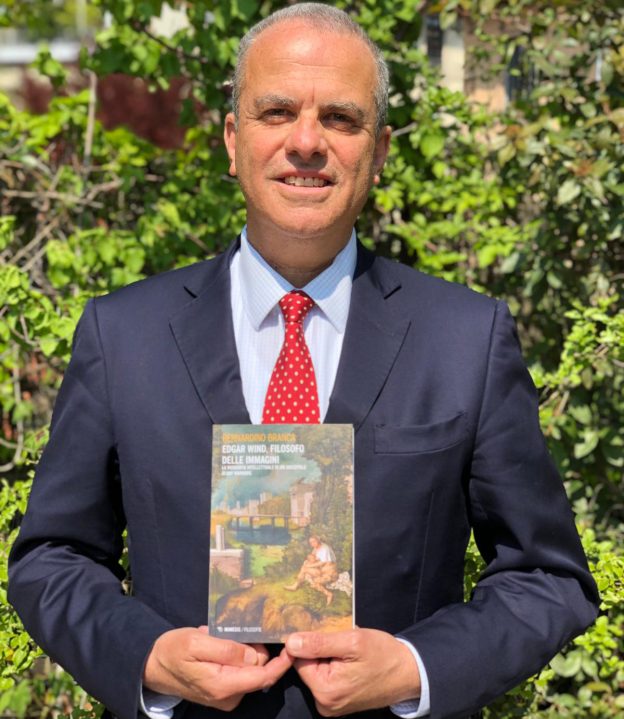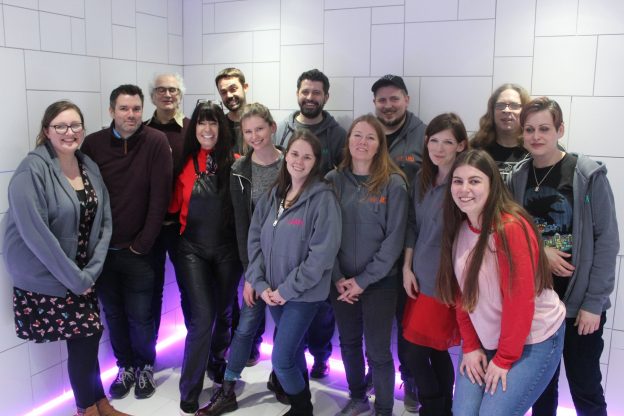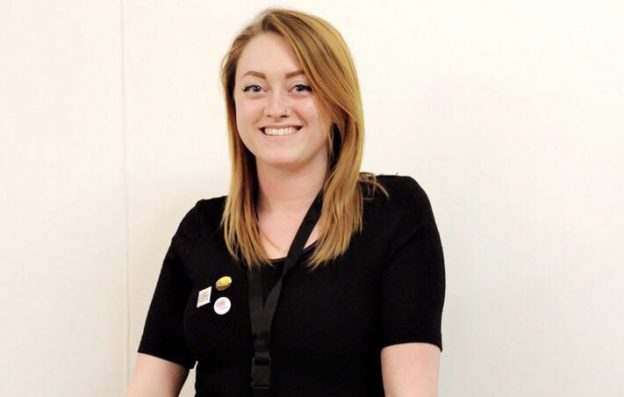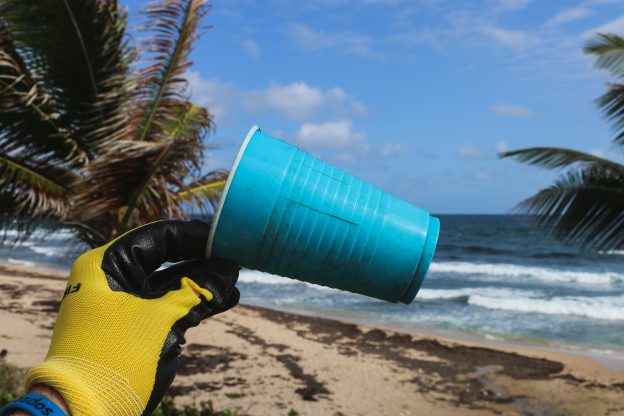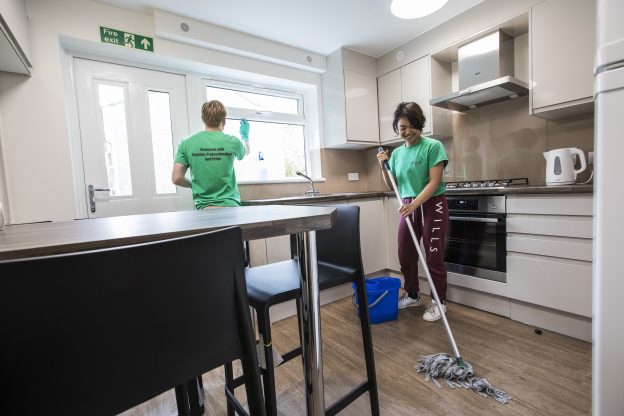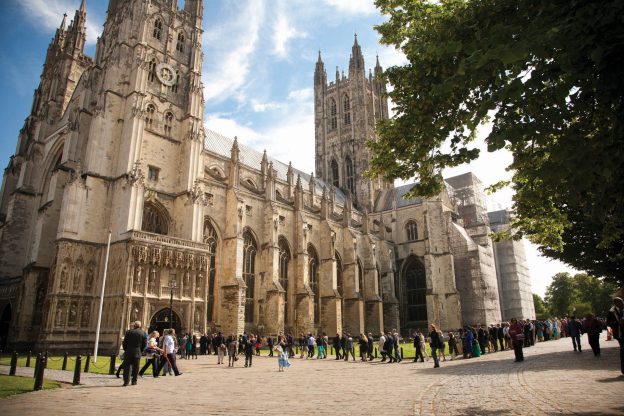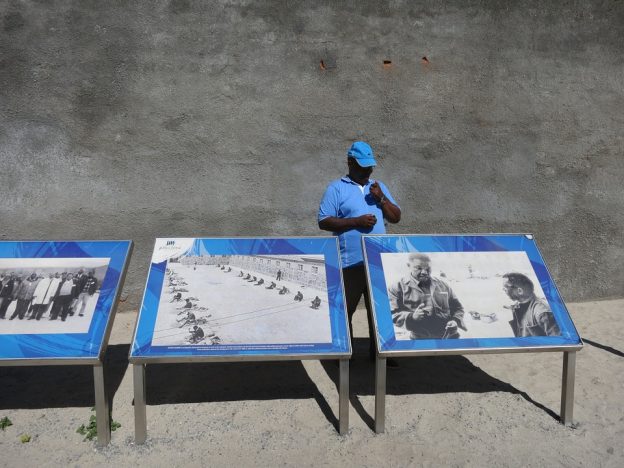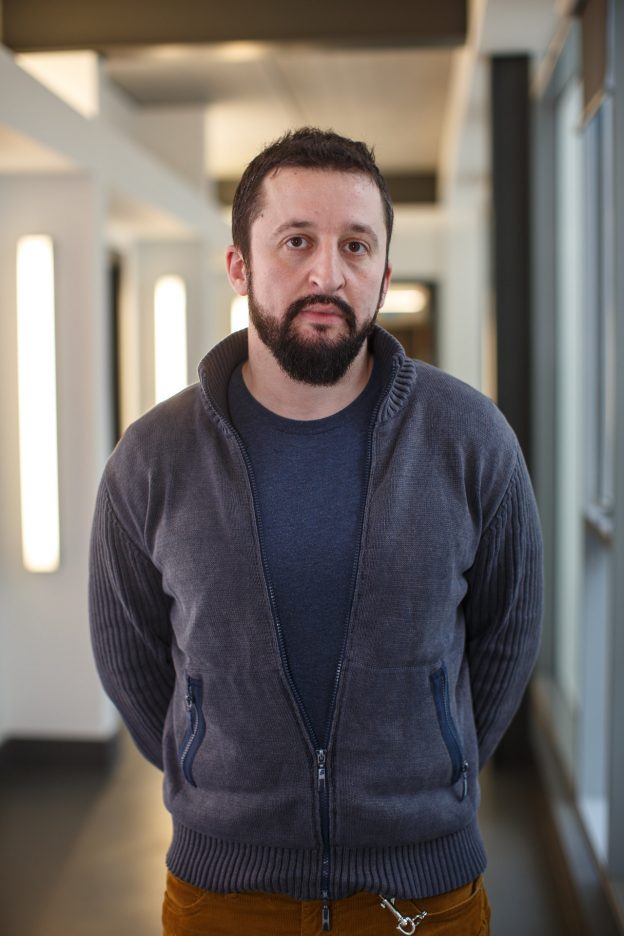Kent alumna Amber Winston, who completed a BA (Hons) in Visual and Performed Arts at Kent in 2015 and an MA in History and Philosophy of Art in 2016, is currently Project and Marketing Executive for The Coffee Art Project, an art competition inviting artists to interpret the theme of coffee. As part her role, she selected Dr Grant Pooke, Senior Lecturer and Head of Art History, to be on the competition’s panel of judges.
The Coffee Art Project was featured at the London Coffee Festival, where 46 artist submissions were selected and displayed in a gallery. The Project is a non-profit initiative aimed at encouraging artists by providing them with an open platform to showcase their works.
Artists at all levels can enter one piece of artwork that connects to ‘coffee’ and/or ‘coffee shop’ experience. There is no restriction on media used; providing that they have a link to coffee. The project supports Project Waterfall, a charity committed to bringing clean water to communities which grow coffee. Project Waterfall has raised more than over £1 million and delivered clean water to over 37,000 people across 7 countries in partnership with WaterAid, Charity: Water and Water for People.
How did Amber come to be involved in The Coffee Project? ‘After graduation, I went on to a sales job for 20 months as a Business Development Executive, and took on another few roles throughout the business to gain some corporate experience’, she explains. ‘After this I took a big leap, took a big cut in pay, got myself a job in London as a marketing intern for a start-up company to experience in a more creative and autonomous role. After this ended I applied for a social media role at the Allegra Foundation, then – after seeing my work experience and past roles, plus my degrees – they asked me to take on the Coffee Art Project’.
Why did Amber choose Grant? ‘I had to select judges who would be able to fairly judge artwork based off four categories; Creativity, Impact, Connection to Coffee, and Spirit of Humanity. The reason I asked Grant to be on the panel was because he taught me since I started at Kent – I admire his vast depth of knowledge and how he made me try harder at each piece of written work on his subjects even though I struggled with dyslexia. I remembered he taught a class on globalisation (which is part of coffee culture) and thought that he would judge each piece with the same amount of composure he has for all his previous students’ work’.
To see all Coffee Art Project entries, please click here.
